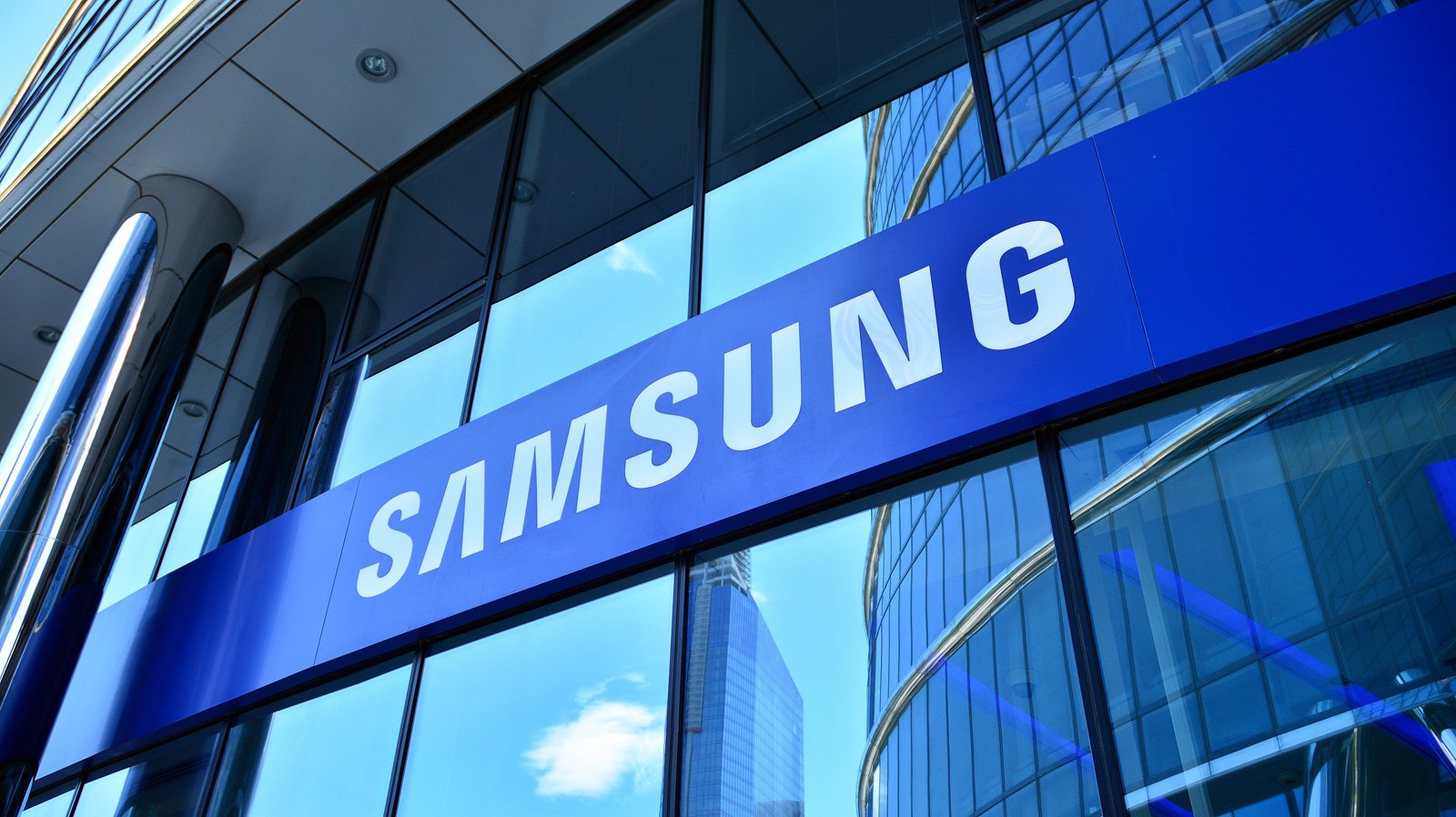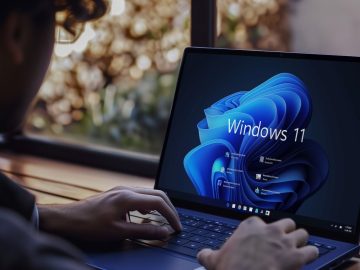The privacy-focused search engine Brave Search has finally introduced its own, independent image and video search capabilities, breaking free from relying on Bing and Google for media search.
In the past, users of Brave Search were redirected to Google or Bing to perform image and video searches, potentially exposing themselves to tracking scripts.
With image and video search now directly integrated into Brave Search, users can utilize one search engine for all of their search needs.
“Users will no longer need to leave Brave Search for image and video search results. Now any Brave Search query can be served directly from Brave’s own index, enabling users to benefit from a fully independent search engine that protects their privacy and is censorship resistant,” explains Brave’s announcement.

Source: Brave
Brave removed Bing from its search API in April 2023 and gave users a temporary option to redirect to Bing or Google while its engineers readied their media search implementation to be widely available.
This temporary solution wasn’t ideal, but after roughly four months of work, Brave Search finally released its privacy-preserving, independent image and video search system.
The software company says its implementation is 100% private and anonymous, and no data from media search queries ends up in the hands of “Big Tech” entities or extensive third-party provider networks.
This development is significant because media searching on Brave Search previously constituted a gap for privacy-conscious users, who can now have confidence that everything stays within the protected realm of Brave’s ecosystem.
Brave’s announcement underlines the importance of independence using the example of Microsoft Bing previously censoring results for politically sensitive topics such as the Tiananmen Square “tank man,” for which it returned no results.
Brave says this censorship impacted both it and DuckDuckGo due to their reliance on Bing’s API for searching media, which extended Microsoft’s censorship decisions to their own platform and user base.
One thing to note is that Brave Search’s new media search subsystem will continue to offer the option to use Bing and Google for those who need it, as it’s too early to guarantee it can compete with the larger search engine’s massive search indexes in all cases.
Also, the media search will initially have limited functionality, meaning that advanced filters like copyright license types and aspect ratio will not be available. However, there’s the promise that they will be rolled out soon.
While it may appear that Brave rushed the release of its media search system, the team says they released it early as offering a privacy-respecting alternative is more important than taking more time until all possible features are available and working as expected.



